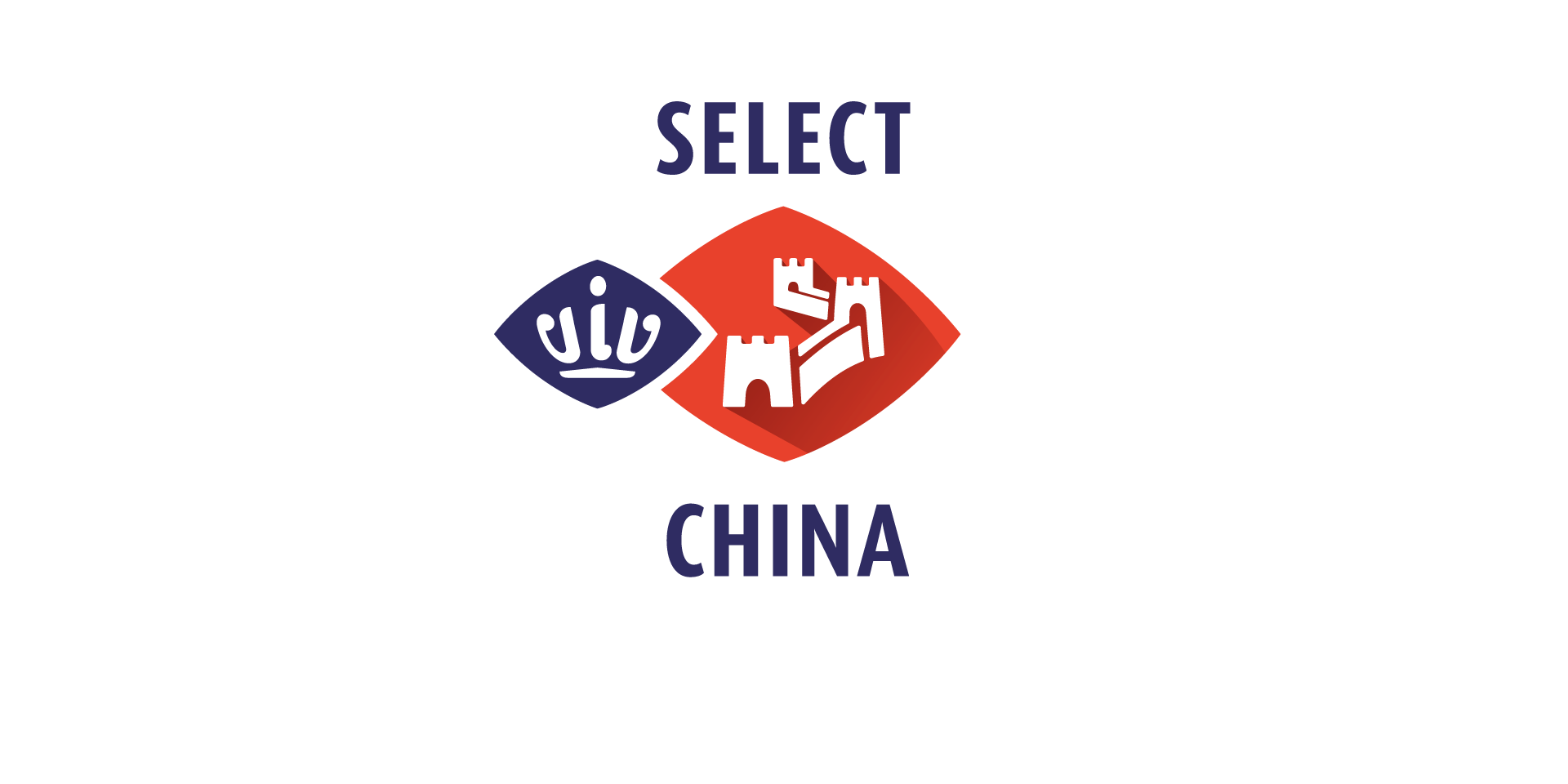The voices of China’s Animal Husbandry Industry
With the effective control of the COVID-19 outbreak in China, China’s animal husbandry industry is essentially back to work and production. In these exceptional times, VIV QINGDAO interviewed some well-known domestic animal husbandry companies about various perspectives, such as business development, trade strategy, industry growth and problem solving experiences in this epidemic. Let’s take a look at what the Chinese animal husbandry leaders share with their overseas industry colleagues.
Company: Beijing Kingpeng Global Husbandry Technology Co.Ltd.
Interviewee: Wang Weiquan
Position: Vice-General Manager
What do you think of the new challenges for the animal husbandry from the beginning of the COVID-19 epidemic to the present stage? In what way will it influence the strategies in China and overseas market?

Since the outbreak of COVID-19, it has brought some difficulties to the development of the animal husbandry industry. First, the obstruction of logistics seriously affects the supply of production materials and the trading of live animals and poultry. Although the agricultural sector issued relevant dredging documents, they were not fully implemented at the grass-roots level for a long time at the beginning. Second, the shortage of production workers and the rising cost. Production cannot be completed on the schedule, feed processing, breeding, pig transporting, slaughterhouses and even the entire industrial chain are all affected. Third, due to the dual effects of ASF and COVID-19, enterprises have invested heavily in two aspects of biosecurity prevention and control of human beings and pigs. At the same time, the weakness of the liquidity of the goods led to an increase in the inventory of production materials in a short period of time, resulting in insufficient liquidity funds for some enterprises and difficulties in capital turnover. Of course, the above aspects can only be called “”pain””. With the introduction of relevant national policies and the effective control of domestic epidemic prevention and control, the domestic livestock industry is rapidly recovering and developing.
With the spread of the New Coronary Pneumonia epidemic overseas, many import and export businesses have been affected in stages. Fortunately, Kingpeng made relevant deployments at the beginning of the epidemic, pre-judgment in advance, and changed the way of thinking. Certainly affected, but I believe that with the strengthening of epidemic prevention and control, the situation will improve, and our international market strategy will not be adjusted significantly.”
In the face of the Covid-19 epidemic, the animal husbandry industry shows new vitality. What do you think of the future developments and changes? Which trends will be more obvious?
For the livestock industry, especially the pig industry, under the double epidemic situation, Challenges and opportunities coexist. First, under the “super long pig cycle” triggered by the African swine fever outbreak, our state has continuously promoted the policy of favorable industry development, the key enterprises in the industry are actively distributing the industrial development, the capital is also speeding up the entry, and the trend of unprecedented competition has emerged. Second, under this trend, large numbers of small-scale farms and retail investors are out of markets, which will further lead to the gap of pig production.
Large-scale farming is the trend of the times, from the large-scale farms distributed in large quantities on the market, until the emergence of a large number of new eco systems of tall buildings for pigs production.
Similarly, the dairy industry, poultry industry and even beef cattle, sheep and other industries have also entered the fast lane of large-scale development, and the dairy industry even developing faster.
On the basis of scale, the animal husbandry industry is bound to develop from automation to intelligence and then to artificial intelligence, but there is still a long way to go. Kingpeng Global Husbandry has been committed to the forward-looking development of the industry.
At present, China’s animal husbandry has basically returned to work and production, what valuable experiences can you share with domestic and foreign counterparts?
Beijing KingPeng husbandry go back to work earlier, February 10, we began to work gradually. On the resumption of work, we can talk about three experiences. First, the establishment of an epidemic prevention and control group, serious implementation of prevention and control work. At first, Kingpeng Husbandry set up an epidemic prevention and control team with senior management as the main member to compile the “”Emergency Plan for the Prevention and Control of the epidemic situation”” and the “”Program of Division of Labor and personnel for the Control of the epidemic situation”” to direct the epidemic situation prevention and control work in enterprises. The epidemic prevention and control team holds a remote video conference every day to conscientiously implement the epidemic prevention and control work. Second, the prevention and control group division of labor, pay close attention to staff health. Epidemic prevention and control team division of labor, closely follows up the health of each employee, leaving Beijing, isolation situation, daily collation report.
The third is to be fully prepared to actively respond to the resumption of staff work. The epidemic prevention and control group discussed the formulation of key work for the prevention and control of the epidemic situation and the preparation of the resumption of work, including coordinating the preparation of construction, installation and resumption of production work for each section, coordinating the work of staff returning to Beijing for special periods and isolation, preparing and distributing office prevention and control materials and daily disinfection work, so as to ensure that the preparation for epidemic prevention and resumption of work is carried out. Fourth, work hard after resuming work. At present, all the field projects in Kingpeng have been resumed. In order to catch up with the progress of the project, they worked day and night. They have won the unanimous approval of clients. In such tough situation, with high working efficiency, Tianshui even has one project completed one month ahead of the scheduled construction period.
In the current situation, many agricultural and animal husbandry enterprises are actively attracting talent to support the resumption of production. Do you have any new deployment in the talent strategy? What kind of talents are urgently needed?
“From the current trend of animal husbandry development, the company is in the process of technology, intelligent equipment for the relevant talent reserves. For long-term development, the main business of Kingpeng Husbandry is to provide “”turnkey”” service for new livestock and poultry farms in agricultural and animal husbandry enterprises. Each link of turnkey project requires higher professional level, but on the whole it is a systematic project. Therefore, in the talent absorption, we tend to be more professional, at the same time, have the compound development potential of talent.
We have a stable talent development strategy, that is: build a nest to attract talent, healthy development to retain talent, career upgrading and development of talent, dream driven to achieve talent.
After the global pandemic eases, mainly in the second half of this year, will the market demand for products and technologies increase substantially?
First of all, automation, intelligent equipment will be more and more popular. In recent years, animal husbandry is gradually on the road of intelligent development, but the popularity of intelligent equipment is not high. Some small and medium-sized enterprises are not willing to spend a lot of money in this area, and in contrast, the automation equipment suitable for small and medium-sized enterprises is not enough. Through this epidemic, not only small and medium-sized farmers will realize the importance of automation and intelligence to the development of enterprises, the relevant R&D Institute will also find the business opportunities. Secondly, the trend of integration of production, supply and marketing in livestock industry continues to accelerate. This speed will be more reflected in action, in the outbreak, enterprises will be more aware that the production, processing, transportation and sales of products linked to each other, each link decided the final benefits, so everyone will find ways to master each of these links. Third, the demand for ecological green organic livestock products will continue to grow. Nowadays, people pay more and more attention to food safety, and the problem of agricultural residues in agricultural products has attracted wide attention from all walks of life. The frequent occurrence of food poisoning incidents makes “green, organic and healthy” become the mainstream of society. The growing demand for organic agricultural products shows great market potential. Correspondingly, enterprises will also pay more attention to the traceability of products, so that consumers are more assured.

